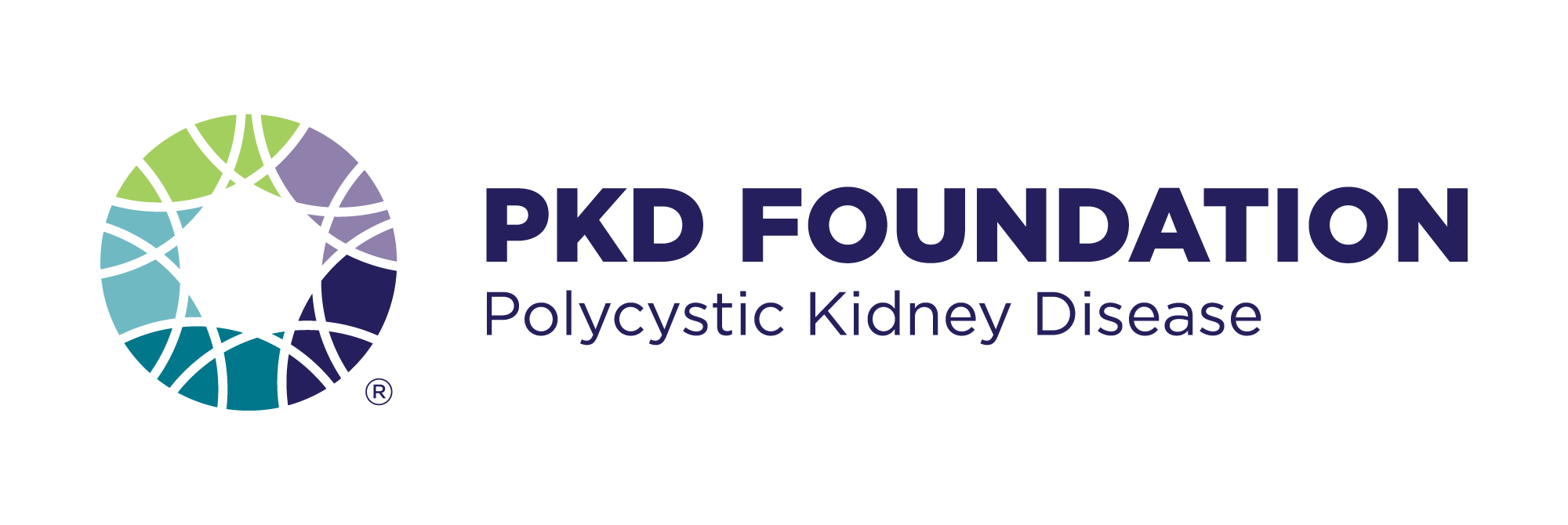Next Steps and
Helpful Links

Losing a baby with ARPKD
Unfortunately, even with advanced medical care, about 1 in 4 babies who are diagnosed with ARPKD before birth die in the newborn period, most often due to breathing complications. Families and doctors may need to work together to make difficult decisions about how aggressively to pursue medical interventions or decide to withdraw medical care. It is important for families to get support from other family members, friends, and medical professionals such as palliative care providers to help them navigate these difficult decisions.
Preserving tissue for genetic testing
When a baby dies, parents may request that tissue be saved for further analysis, donated to ARPKD research, or both. In order to provide geneticists with the information they need to counsel for future pregnancies, they must have genetic material, which is usually comprised of kidney tissue and blood samples. It is ideal to discuss and plan for this possibility because it is often difficult to make these decisions when one is newly grieving. The Coordinators of the PKD Parents Chapter can provide information and guidance through this process.
Bereavement photography
Among the difficult discussions around care plans for a baby with severe ARPKD is the option of bereavement photography. In the event of a severe diagnosis, a professional photographer trained to be sensitive in such circumstances can offer their services to capture images of the baby and family. Some families have reported that tastefully done photos at the end of life, or the afterlife, have added in their healing process and are immense treasures. In some cases, the photographer may want to speak with someone on your behalf about the diagnosis and potential outcomes. Many centers with NICUs have experience in working with photographers.

